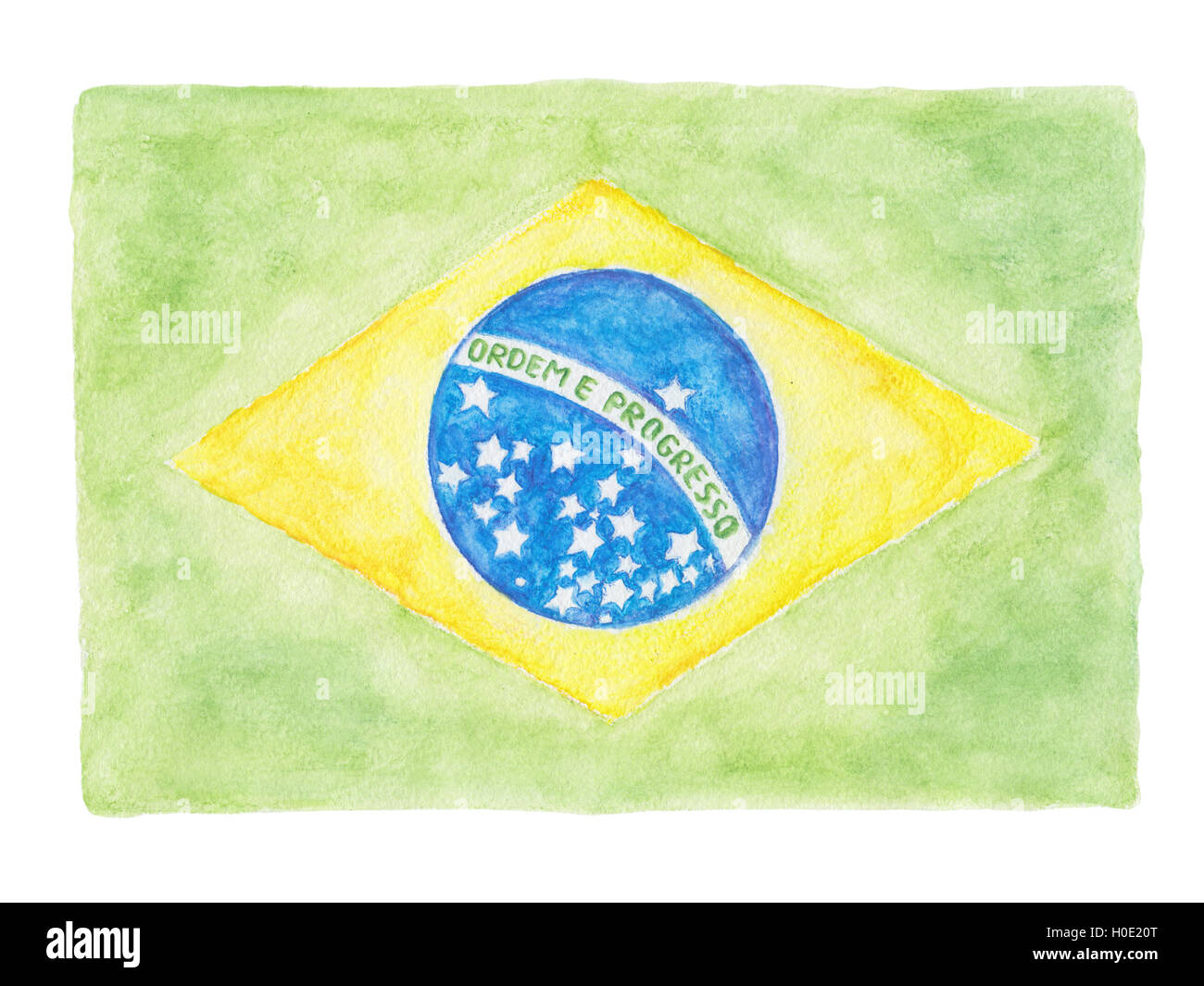The phrase “Ordem e Progresso” (Order and Progress) is more than just a national motto for Brazil; it’s a guiding principle that has shaped the country’s history, politics, and society. Adopted in 1889, after the proclamation of the Brazilian Republic, this motto reflects the nation’s aspirations for stability, advancement, and modernization. To understand the depth and significance of “Ordem e Progresso,” it’s essential to delve into Brazil’s historical context, the intellectual influences of the time, and how this motto has been interpreted and applied over the years.
Historical Context: The Proclamation of the Republic
Brazil’s transition from a monarchy to a republic in 1889 was a pivotal moment in its history. The military, backed by republicans and liberals, overthrew Emperor Dom Pedro II, marking the end of the Brazilian Empire. This period was characterized by a desire for modernization, the embrace of positivist ideologies, and a quest for a more egalitarian society. The new republic sought to distance itself from the monarchical past, adopting symbols and ideologies that would reflect its future aspirations.
Intellectual Influences: Positivism
The motto “Ordem e Progresso” was heavily influenced by positivist thought, particularly the ideas of Auguste Comte, a French philosopher. Positivism emphasized the importance of science, reason, and progress, while also advocating for social order as a foundation for societal advancement. The positivist motto “Love as a principle, and order as the basis; progress as the goal” inspired the Brazilian motto, with “love” being replaced by “order” to focus on the structural and governmental aspects of the new republic.
Implementation and Interpretation
Since its adoption, “Ordem e Progresso” has been emblazoned on the Brazilian flag, symbolizing the country’s commitment to these principles. The motto has been interpreted in various ways, reflecting the political, social, and economic contexts of different eras.
Order has been associated with the need for a stable government, the rule of law, and social discipline. It reflects the desire for a well-organized society where individuals and institutions respect and adhere to established norms and laws.
Progress, on the other hand, signifies the aspiration for advancement, modernization, and development. It encompasses economic growth, scientific development, and the improvement of living standards for all citizens.
Over the years, the interpretation of “Ordem e Progresso” has evolved. During periods of political turmoil or economic crisis, the emphasis might shift more towards “order” as a means to establish stability. In times of peace and prosperity, the focus might lean towards “progress,” driving innovation and social reform.
Challenges and Criticisms
Despite its ideals, the implementation of “Ordem e Progresso” has faced criticisms and challenges. The pursuit of order has sometimes been used to justify authoritarian regimes and suppress dissent, contrasting with the democratic and liberal values the republic initially sought to establish. The emphasis on progress, while driving modernization, has also led to concerns about environmental degradation, social inequality, and the marginalization of indigenous and minority groups.
Modern Relevance
Today, “Ordem e Progresso” continues to be a central theme in Brazilian discourse. The motto serves as a reminder of the nation’s founding principles and its ongoing quest for a balanced society that values both stability and advancement. As Brazil navigates through contemporary challenges such as corruption, economic inequality, and environmental concerns, the motto prompts reflections on what order and progress mean in the context of democracy, human rights, and sustainable development.
Conclusion
“Ordem e Progresso” is not just a motto; it’s a reflection of Brazil’s historical aspirations, intellectual influences, and the evolving interpretation of its national ideals. As the country moves forward, grappling with its complex past, present challenges, and future ambitions, this motto stands as a beacon, reminding Brazilians of the importance of striving for a society that is both just and progressive, stable and dynamic. The journey towards achieving the perfect balance between order and progress is ongoing, shaped by the interactions of political will, social movements, and the aspirations of the Brazilian people.
What are the historical roots of the Brazilian motto “Ordem e Progresso”?
+The motto “Ordem e Progresso” has its roots in the positivist ideology, particularly influenced by the French philosopher Auguste Comte. It was adopted after the proclamation of the Brazilian Republic in 1889, symbolizing the nation’s pursuit of order and progress.
How has the interpretation of “Ordem e Progresso” changed over time?
+The interpretation of “Ordem e Progresso” has evolved, reflecting Brazil’s political, social, and economic contexts. During times of turmoil, the focus might be more on “order” for stability, while in peaceful times, the emphasis might shift towards “progress” for modernization and development.
What challenges has the implementation of “Ordem e Progresso” faced?
+The implementation of “Ordem e Progresso” has faced criticisms, including the use of “order” to justify authoritarianism and the pursuit of “progress” at the expense of social and environmental concerns. These challenges reflect the complex balance between stability and advancement.



